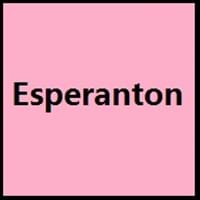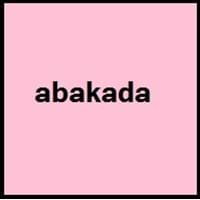Esperanto and Tagalog
- The most widely spoken constructed language in the world is Esperanto.
- Esperanto is an artificial international language.
- In 1593, "Doctrina Christiana" was first book written in two versions of Tagalog.
- The name "Tagalog" means "native to" and "river". "Tagalog"is derived from taga ilog, which means "inhabitants of the river".
All Esperanto and Tagalog Dialects
Most languages have dialects where each dialect differ from other dialect with respect to grammar and vocabulary. Here you will get to know all Esperanto and Tagalog dialects. Various dialects of Esperanto and Tagalog language differ in their pronunciations and words. Dialects of Esperanto are spoken in different Esperanto Speaking Countries whereas Tagalog Dialects are spoken in different Tagalog speaking countries. Also the number of people speaking Esperanto vs Tagalog Dialects varies from few thousands to many millions. Tagalog dialects include: Batangas Tagalog , Bisalog. Also learn about dialects in South American Languages and North American Languages.
Esperanto and Tagalog Speaking population
Esperanto and Tagalog speaking population is one of the factors based on which Esperanto and Tagalog languages can be compared. The total count of Esperanto and Tagalog Speaking population in percentage is also given. The percentage of people speaking Esperanto language is Not Available whereas the percentage of people speaking Tagalog language is 0.42 %. When we compare the speaking population of any two languages we get to know which of two languages is more popular. Find more details about how many people speak Esperanto and Tagalog on Esperanto vs Tagalog where you will get native speakers, speaking population in percentage and native names.
Esperanto and Tagalog Language Codes
Esperanto and Tagalog language codes are used in those applications where using language names are tedious. Esperanto and Tagalog Language Codes include all the international language codes, glottocodes and linguasphere.





